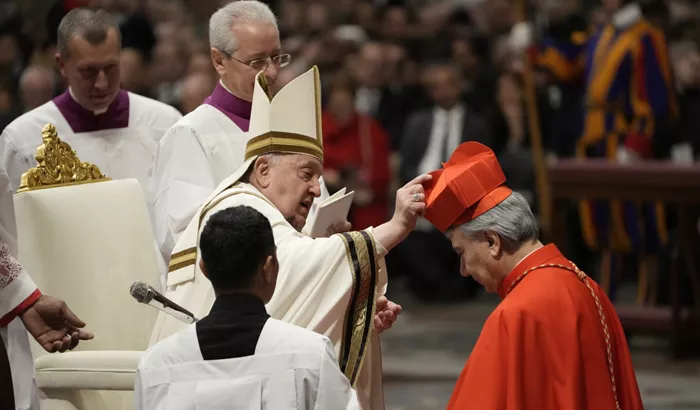A commission initiated by the late Pope Francis has released a report urging financial reforms to help poor countries avoid decades of lost development caused by heavy debt repayments. The report comes ahead of the United Nations Financing for Development Conference scheduled in Seville, Spain, later this month.
The commission highlights that the current global debt crisis reflects a “broken investment model,” according to Mariana Mazzucato, a University College London professor and commission member. She emphasized the need for public investment strategies that build productive capacity, add domestic value, and create sustainable fiscal space.
Among the report’s recommendations are expanding debt suspension initiatives and ensuring funds from institutions like the International Monetary Fund (IMF) and World Bank do not flow from countries to private creditors. It also calls for legal reforms in London and New York—where most bond contracts are governed—to discourage creditors from refusing to participate in debt restructuring.
The report notes that after the debt forgiveness campaigns 25 years ago, many developing countries turned to more expensive private loans and increased borrowing from China. This shift contributed to defaults in countries such as Sri Lanka, Zambia, and Ghana.
Although the wave of sovereign defaults triggered by the COVID-19 pandemic and worsened by Russia’s invasion of Ukraine and rising global interest rates largely peaked last year, many countries still cut spending to repay debt. This has long-term negative effects on development and social stability.
The commission points out that average interest costs for developing countries have nearly doubled as a share of tax revenues since 2014. Currently, 3.3 billion people—more than half of Africa’s population—live in countries that spend more on debt servicing than on healthcare.
Commission leaders warn that the current system traps countries in a cycle where private lenders provide funds during good times but quickly withdraw when risks rise. When institutions like the IMF step in as lenders of last resort, their funds often go to repaying creditors rather than supporting development.
Martin Guzman, co-chair of the commission and former Economy Minister of Argentina, said this situation creates problems for both creditors and debtors. He explained that creditors and debtors often fail to engage in timely and sustainable debt restructurings, worsening the development crisis.
Related topics:


